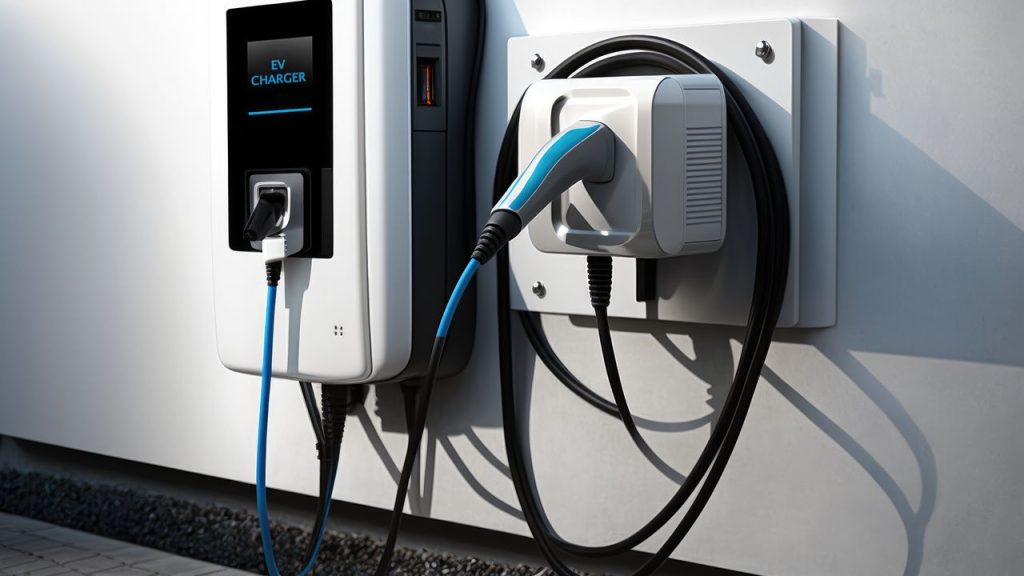EV Charging Station Scheduling: Optimizing Efficiency and Convenience
As electric vehicles (EVs) continue to gain popularity, the need for efficient and convenient charging infrastructure becomes increasingly important. EV charging station scheduling plays a crucial role in ensuring that EV owners have access to available charging stations when needed. To streamline this process, charging station scheduling APIs and algorithms are utilized to prioritize and optimize charging station usage.
The Role of Charging Station Scheduling API
A charging station scheduling API (Application Programming Interface) acts as a bridge between the charging station management system and external applications. It allows developers to integrate charging station data and functionalities into their own applications, providing users with real-time information on charging station availability, reservation, and scheduling.
Benefits of Charging Station Scheduling API
- Enhanced User Experience: EV owners can easily check the availability of charging stations, make reservations, and schedule charging sessions through user-friendly applications.
- Efficient Resource Utilization: By enabling users to reserve charging slots in advance, the API helps prevent overcrowding and ensures that charging stations are utilized optimally.
- Seamless Integration: Charging station scheduling APIs can be integrated with various platforms, including mobile apps, websites, and navigation systems, providing a unified experience for EV owners.
Charging Station Scheduling Algorithms
Charging station scheduling algorithms play a vital role in optimizing the usage of available charging stations. These algorithms consider various factors, such as charging station capacity, charging speed, user demand, and charging station priority, to allocate charging slots effectively.
Factors Considered by Scheduling Algorithms
- Charging Station Capacity: The algorithm takes into account the number of charging ports available at each station to ensure that the total demand does not exceed the station’s capacity.
- Charging Speed: Scheduling algorithms consider the charging speed of each station to allocate slots based on the estimated charging time required by the EVs.
- User Demand: The algorithms analyze historical data and real-time user demand to predict peak hours and allocate charging slots accordingly.
- Charging Station Priority: Certain charging stations may have higher priority due to factors like location, accessibility, or special requirements (e.g., fast-charging stations along highways). Scheduling algorithms consider these priorities to ensure fair access for all users.
Optimizing Efficiency with Charging Station Scheduling Algorithms
By utilizing charging station scheduling algorithms, the overall efficiency of charging station networks can be significantly improved. These algorithms help reduce waiting times, prevent congestion, and ensure that EV owners have access to charging stations when needed.
Conclusion
EV charging station scheduling plays a crucial role in optimizing the usage of available charging infrastructure. Charging station scheduling APIs enable seamless integration with various applications, enhancing user experience and resource utilization. Charging station scheduling algorithms further optimize efficiency by considering factors such as charging station capacity, charging speed, user demand, and priority. As the adoption of EVs continues to grow, the development and implementation of robust charging station scheduling systems will be essential to meet the increasing demand for convenient and efficient charging.


